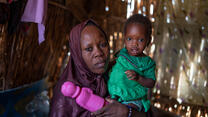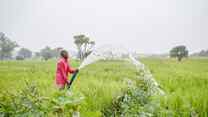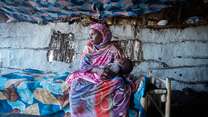Executive Summary
The international community has come together in new ways to address forced displacement—one of the biggest challenges of the early twenty-first century. A series of high-level events in 2016 acknowledged record levels of displacement, and international actors responded with concrete commitments that recognized the protracted nature of displacement, the centrality of host governments, and the need to support the well-being and self-reliance of both refugees and host populations.
Refugee compacts, such as those first deployed in Jordan and Lebanon, are a new model for bringing together a range of actors, flexible financing, and other investments in support of countries hosting significant numbers of refugees. At the same time, the UN High Commission for Refugees (UNHCR) is shepherding the first Global Compact on Refugees, which includes a Comprehensive Refugee Response Framework (CRRF) that similarly promises to bridge the humanitarian-development divide.
This policy brief examines progress since the 2016 convenings, including how partnerships and financing—especially implementation of the CRRF and World Bank financing—are playing out on the ground. It examines initial efforts in Ethiopia and Uganda, where the CRRF is being piloted and World Bank financing has been approved, and takes stock of the latest progress in Jordan, where the compact is entering the third year of implementation.
Host governments, the World Bank, UNHCR, and their partners should be commended for novel approaches to a difficult global challenge. But there is much room for improvement in execution. Experience so far indicates that overall governance structures are fragmented; goals, policy changes, and program plans are not yet clear or fully aligned with resources—and there are few mechanisms holding all actors to account for achieving results for refugees and their hosts.
This brief makes four overarching recommendations to address these challenges and ensure implementation of the Global Compact on Refugees and World Bank financing leads to positive changes in the lives and livelihoods of refugees and host communities.



